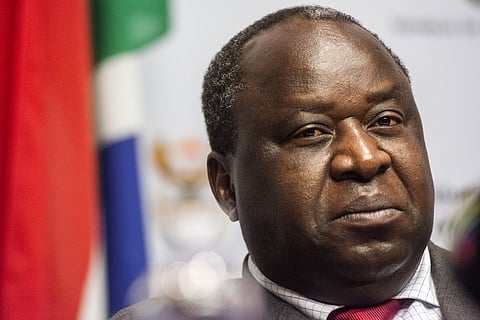The Editor’s Desk: What does the Budget really tell us?
DUBLIN – In this episode, Alec Hogg and I dig into the Budget, asking what message Cyril Ramaphosa and Tito Mboweni are sending investors and what that means for South Africa. With all the bad news so clearly and honestly laid out, how will Ramaphosa entice investors? And what will happen if he fails to do so? We also look at the latest news on Tesla – it's a mixed bag, with a strong quarter undermined by news of a criminal investigation into the company's production figures. We also chat about South African entrepreneur Brian Joffe and his take on BEE. – Felicity Duncan
Hello, and welcome to this week's episode of The Editor's Desk. This is BizNews Radio and I'm Felicity Duncan. With me on the line is our Editor in Chief, Alec Hogg, and we're going to get his perspective on some of the most important stories of the week.
___STEADY_PAYWALL___

